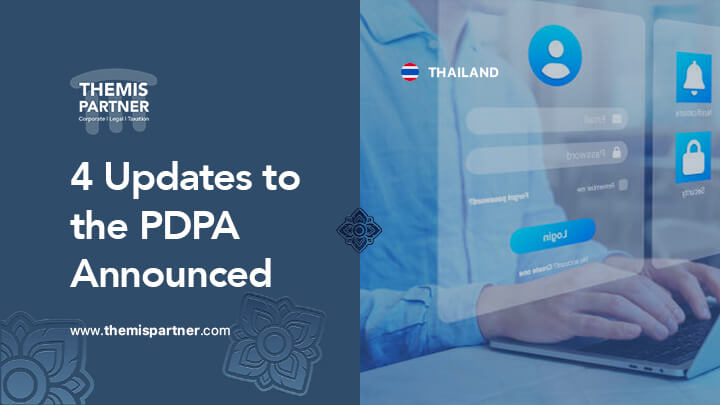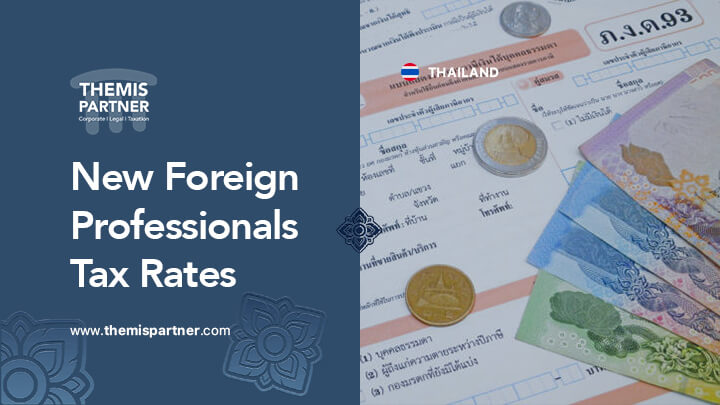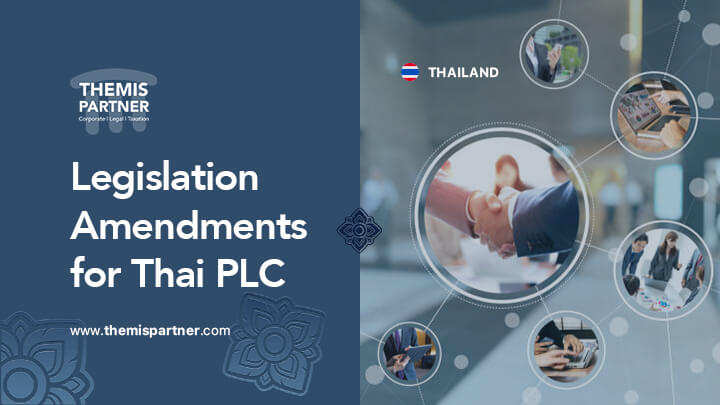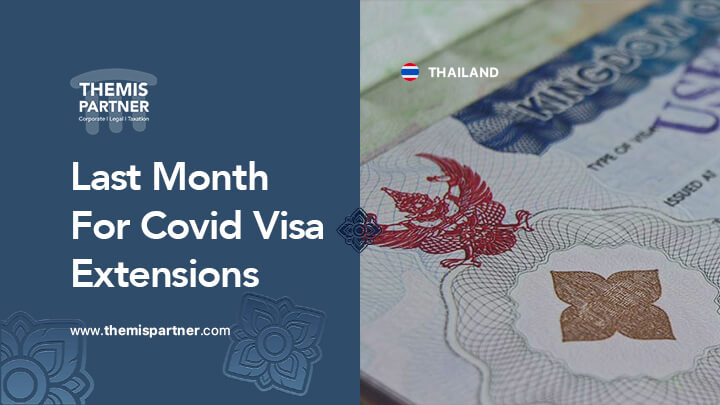PDPA's Penalties: Penalties in civil law
Civil fines may be imposed where the data controller or data processor that possesses the data subject’s personal data fails to comply with the PDPA’s standards, either intentionally or negligently, causing damage to the data subject. The data subject may seek actual compensation for such harm from the data controller or data processor, including all actual expenditures incurred by the data subject to avoid or suppress such damage.
The unique feature of civil penalties is that, in addition to the aforementioned real compensation, the court has the authority to order the data controller or data processor to pay punitive damages to the data subject.
However, PDPA’s Penalties cannot be more than twice the amount of real compensation. If the real compensation is one million Baht, the court can award punitive damages of up to two million Baht. In this case, the total amount of damages might be up to three million Baht.
The prescription time for demanding civil compensation under the PDPA is three years from the data subject’s recognition of the occurrence of harm and the name of offenders, or ten years from the data controller’s or data processor’s unlawful act.
PDPA's Penalties: Penalties for crime
When an offender breaks a statute that interferes with the regular functioning of society, criminal sanctions may be imposed. When the PDPA is violated, the following criminal penalties can be imposed on the data controller or other people who execute personal data protection responsibilities under the PDPA:
1. If the data controller:
| ➤ Uses or discloses personal data without the data subject's consent in situations where consent is legally needed |
| ➤ Obtains personal data from another data controller and uses or discloses the personal data for purposes other than those previously disclosed to the disclosing data controller |
| ➤ Without additional legal exclusions, transmits or transfers sensitive personal data to a foreign jurisdiction that lacks an effective data protection standard |











